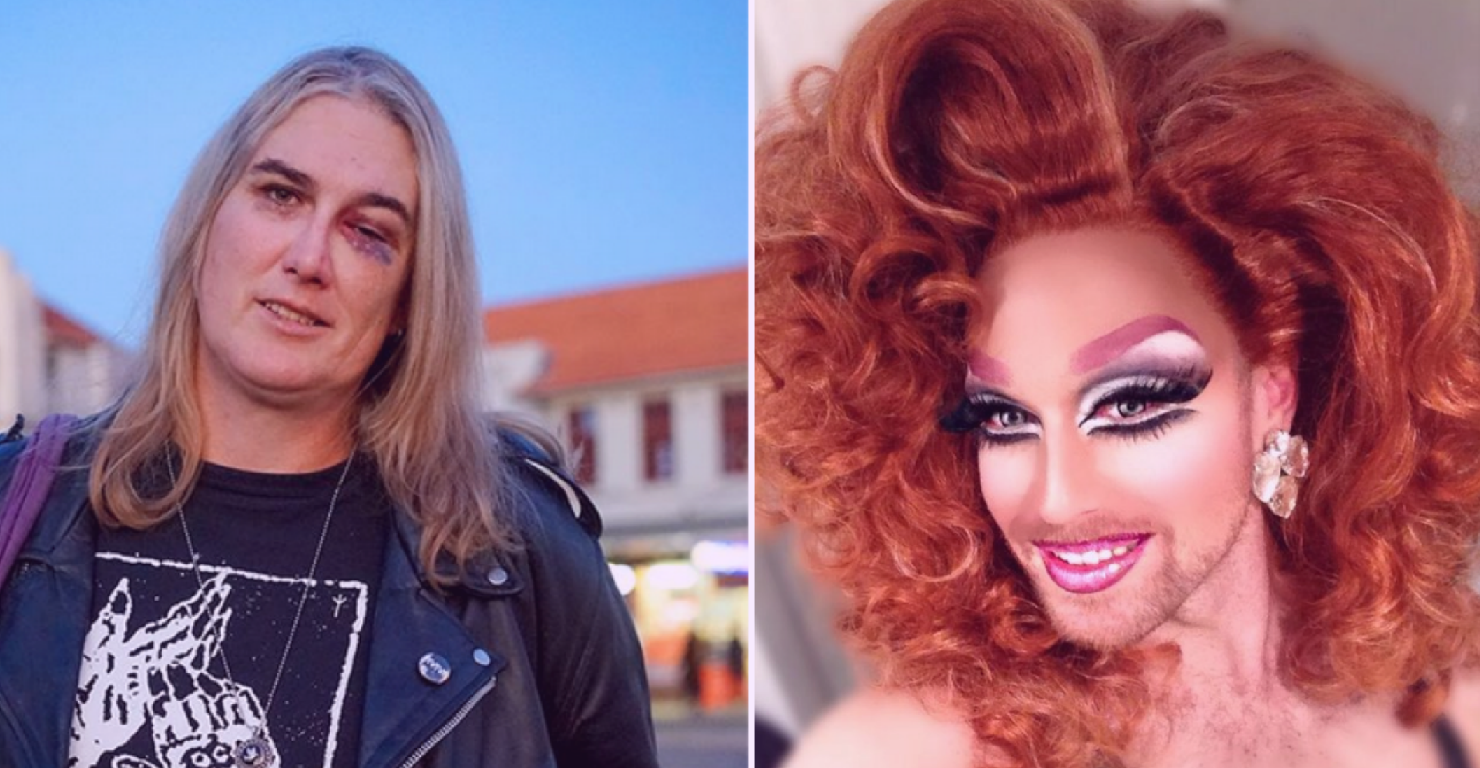The complex conflict between drag culture and trans women
By Cameron Colwell
As a queer man, I’ve always been distantly curious about drag culture.
For uncritical eighteen year-old me, put off by a gay scene I saw as shallow and hypersexual, they represented everything I disdained about queer nightlife: Seeming spiteful, overly flashy, and often, mean. It wasn’t till later that I understood drag as deeply meaningful within our culture. It was, after all, people, and particularly people of colour, who were read as drag queens (Actually transgender women, in our understanding of gender) who kicked off the Stonewall Riots.
When I learned about queer culture, such as through Judith Butler, I saw that drag culture offered a way of people expressing non-binary identities and embracing fluid identity. Recently, though, I’ve noticed that cisgender, male drag queens seem to be holding progress back by alienating and mocking transgender women.
This concept became local recently on Anzac Day, when Newtown’s Bank Hotel hosted ‘tranny two-up,’ MC’d by a drag queen known as Tora Hymen. The ‘t-word,’ I know, is deeply offensive: In the case of the Bank Hotel, I think the event is roughly comparable to a straight man hosting an event acting as a stereotyped gay man – I’d make a funny hypothetical name for an event, but I’m aware that there’s already a Bank Hotel event called ‘fag tag.’
Stephanie McCarthy, who gained national media attention after being assaulted, spoke out about the naming of the event, which was held metres from where she was attacked, after posting the following to the page’s Facebook wall:
“To the management of the Bank: This REALLY isn’t cool. 50 metres from where I got bashed, on a day when every young guy will be blind drunk,” Ms McCarthy posted on the hotel’s Facebook page.
“Letting these drunk young men know that it’s OK to use highly offensive slurs (slurs that were yelled at me when I was repeatedly getting punched in the head) is just so unbelievably irresponsible, some would say dangerous. But hey, as long as you have a great day financially, who cares right?”
This is certainly not the first time drag culture has clashed with transgender people: As the culture became industrialised, there has been a tendency to denigrate minorities for shock or humour, probably most notoriously on RuPaul’s Drag Race, which once featured an event called ‘she-mail.’ RuPaul also once came under fire for joking that the only difference between a transwoman and a drag queen was “About twenty-five thousand dollars and a good surgeon.”
Also, there is the case of Conchita Wurst, who repeatedly spoke out against being thought of as a trans woman following her Eurovision appearances. It also came to light that she is not actually Colombian, but a white European man pretending to be a Colombian for humourous effect.
The rift between the two groups has not just been on reality television: In 2015, Glaswegian pride festival ‘Free Pride’ banned drag queens from attending. The move was widely criticised, but it points to one of the issues queer rights must address if it is to be inclusive: Is drag salvagable, or is it just a method for men to mock minorities?
The conflation of drag queens and trans woman goes back a long time, historically speaking. Both groups were seen by the law as ‘perverts’ and ‘freaks,’ and both guilty of violating the strict binary of gender. However, as gay men gained rights in the industrialised world, and distanced themselves from transgender people, the two groups split, which has culminated in the rift I have detailed here. Because of this conflation, I find it hard to dismiss drag culture as implicitly offensive: Recently I discovered that somewhere around ten of the queens who have featured on RuPaul’s Drag Race have come out as either trans women or gender fluid, which is a very public testament to the potentially liberating effects of drag.
While this may be the case, I still feel the responsibility to call out my fellow gay men from allowing the casualisation of slurs against transphobic people, as happened at the Bank Hotel. Due to the online backlash, the hotel has since announced it will drop the word from the event next year.


3 thoughts on “The complex conflict between drag culture and trans women”